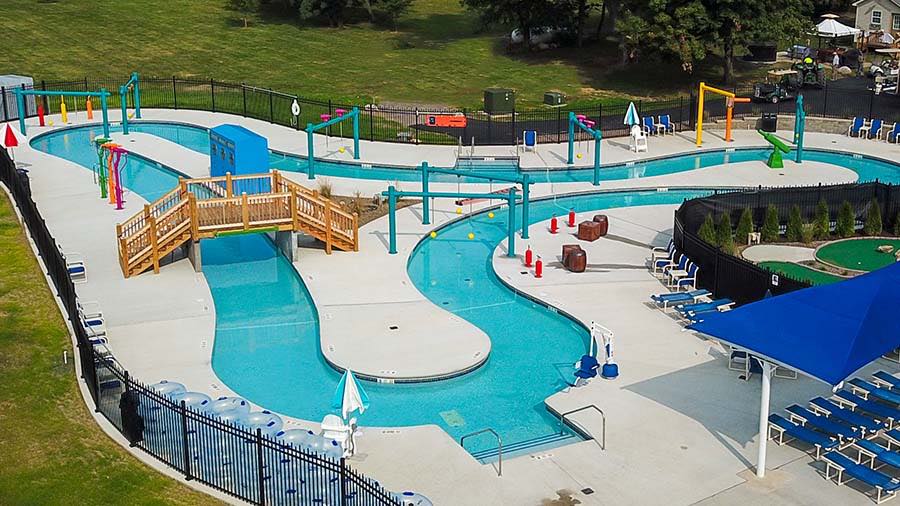
If you're going to be traveling for any amount of time, you may want to consider camping. Camping is a wonderful way to experience nature without the expense of a hotel. However, it's essential to find out exactly where you can travel and what types of campsites can be expected. There are many resources available to help you locate what's available.
National forests are the best place to find free campsites. You can check with the USFS or the Forest Service to see if the area you're looking for is accessible. Additionally, there are many sites within state parks and smaller federal agencies.
To find overnight free parking, there are several websites. Campendium allows you search for nearby campsites based on price, location and reviews. Similarly to Campendium, iOverlander lets you search nearby campgrounds and RV parks via a mobile phone app. You can search for overnight parking or upload photos of your site. You can even sign up for a free trial of the app to see if it is right for you.
Another great resource for finding out about campsites is the USFS Motor Vehicle Use Maps. These maps can be downloaded or picked up at ranger stations. They include information such as the location of campgrounds and road closures. While they can be useful in helping you find free camping areas, it's important to know the rules regarding them.
If you're looking for a better campsite, consider checking out the many that are available free of charge in the Bureau of Land Management. These campgrounds tend to have fire rings and picnic tables. They may also have restrooms and electrical hookups. BLM areas often have free campsites located along secondary roads. You may need to hike to these sites. The fees for these campsites vary depending on where you go and the amenities you receive.
Even if you don't have the budget for it, camping free of charge can be a good option. You may find beautiful campsites without paying a lot. It is important that you are responsible for leaving the site in the same condition as you found it.
While you're at the same time, be sure to dispose of all your garbage. For dispersed camping you must follow the Leave no Trace principle. Once you're done, it's time to take down your campfire, clean out your trash and dispose of any other garbage.
If you aren't able to find a free campsite, you can always park your rig at one of the numerous truck stops or rest areas. These may be found in larger cities. You will need to discuss your plans with the manager.